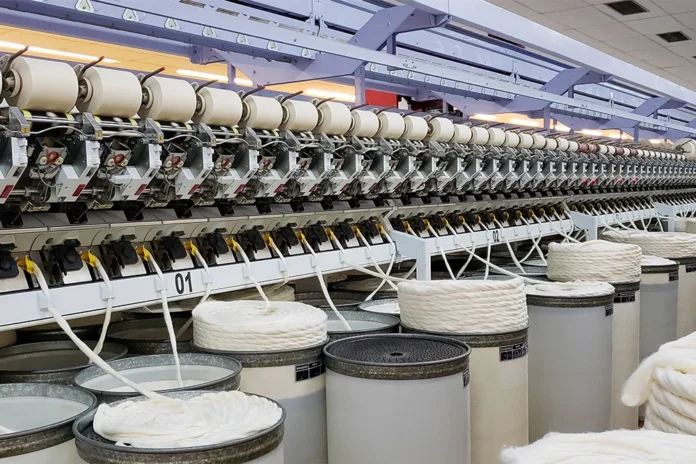FBR introduces mandatory video-analytics monitoring to tackle “Gol Mall” cotton and tighten tax compliance.
Pakistan’s Federal Board of Revenue (FBR) has launched a sweeping compliance measure targeting the textile-spinning sector, ordering mills to install video-analytics systems to monitor cotton bale processing. The move aims to clamp down on undocumented cotton — known locally as Gol Mall — which fuels tax evasion and distorts the country’s largest export industry.
Under a new Sales Tax General Order, all registered spinning units must install approved production-monitoring hardware and software on blendomats, auto-pluckers and other production lines. The monitoring system, enabled under Section 40C of the Sales Tax Act, will provide real-time visibility of cotton bale consumption and output.
The directive takes effect immediately, with a compliance deadline of 31 December 2025. Chief commissioners have been instructed to appoint focal persons to coordinate installations with approved vendors, while field formations will prioritise “high-risk” mills suspected of using undocumented cotton.
The FBR’s intervention reflects growing concern over leakage in the cotton value chain, which undermines tax collection, weakens formal mills and skews market prices. Stronger production oversight is expected to support revenue mobilisation and level the playing field for compliant firms—though mills may face short-term costs for installation and operational adjustments.
With Pakistan’s textile sector already grappling with volatility in exports, rising energy costs and compliance pressures from global buyers, the surveillance mandate marks another step toward formalisation. Whether it tightens governance without overburdening industry will become clear as implementation proceeds through 2025.



